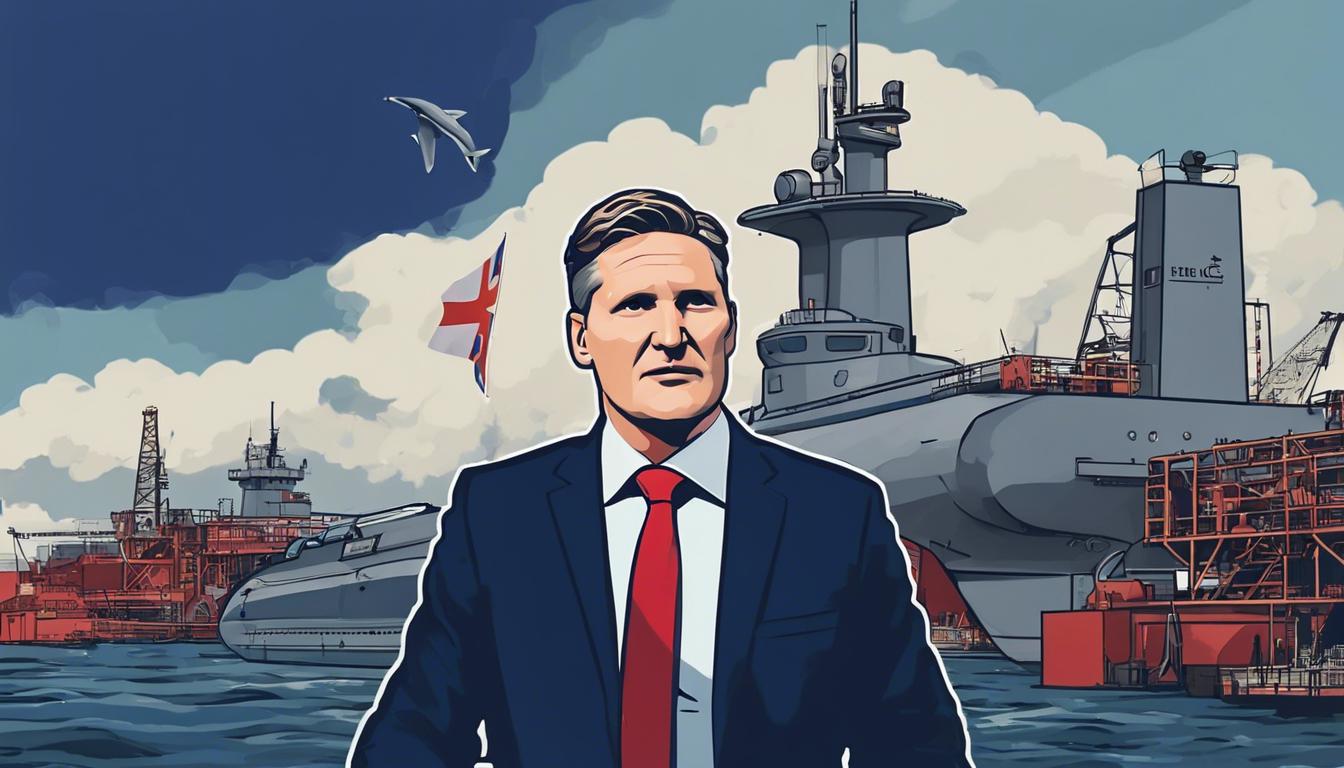In a marked policy shift from his predecessor, Labour leader Sir Keir Starmer proposes a significant rise in defence spending, emphasising support for the UK’s nuclear deterrent and British defence businesses during his visit to a shipyard in Cumbria.
Sir Keir Starmer, the leader of the UK Labour Party, has pledged to increase defence spending to 2.5% of GDP, marking a significant shift from the party’s previous policies under Jeremy Corbyn. Starmer’s commitment to bolster national defence includes prioritising British businesses in defence procurement and maintaining support for the UK’s nuclear deterrent, evident during his recent visit to a shipyard in Cumbria. This pledge aligns with Chancellor Jeremy Hunt’s fiscal targets and was highlighted in debates and discussions, including a confrontation with Chancellor Rishi Sunak, who questioned Labour’s reliability on defence issues.
The proposed defence spending has sparked a range of reactions. Defence Secretary Grant Shapps described it as a distraction, while Martin Docherty-Hughes of the SNP criticised the plan as misplaced, favouring investment in green energy. The Liberal Democrats also expressed skepticism about the feasibility of the increase.
During a visit to Barrow-in-Furness, where Trident nuclear submarines are under construction, Starmer emphasised the importance of Trident and nuclear deterrence, suggesting a “triple lock” strategy to ensure their continuation. He also voiced support for the AUKUS security pact, which aims to enhance security and job opportunities in the UK. This political stance has led to a broader dialogue about defence spending’s impact on national security and economic growth.













